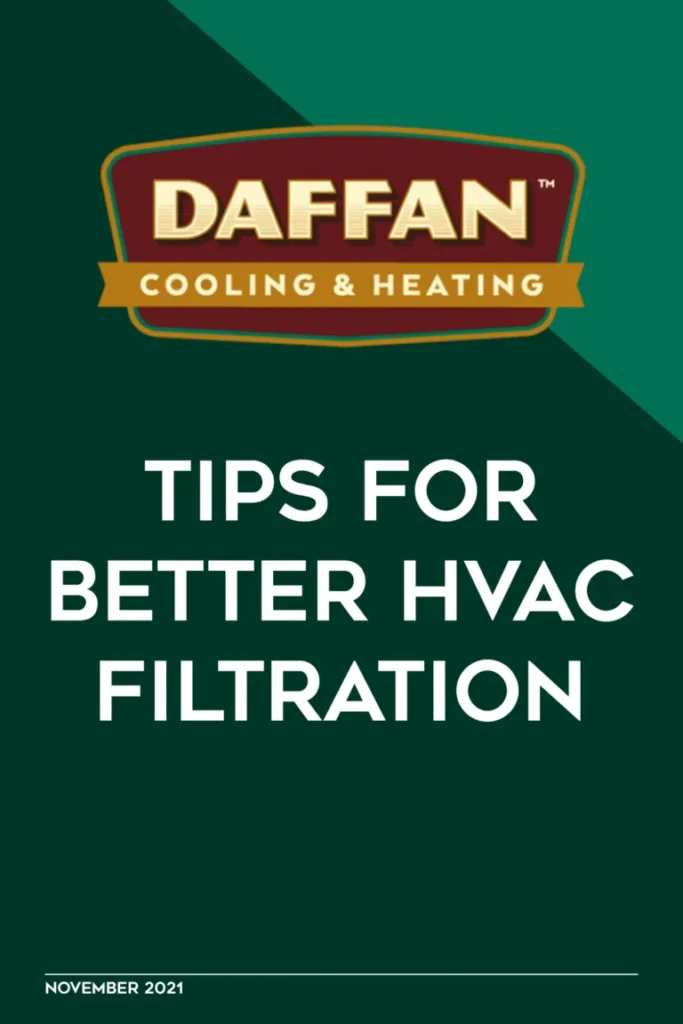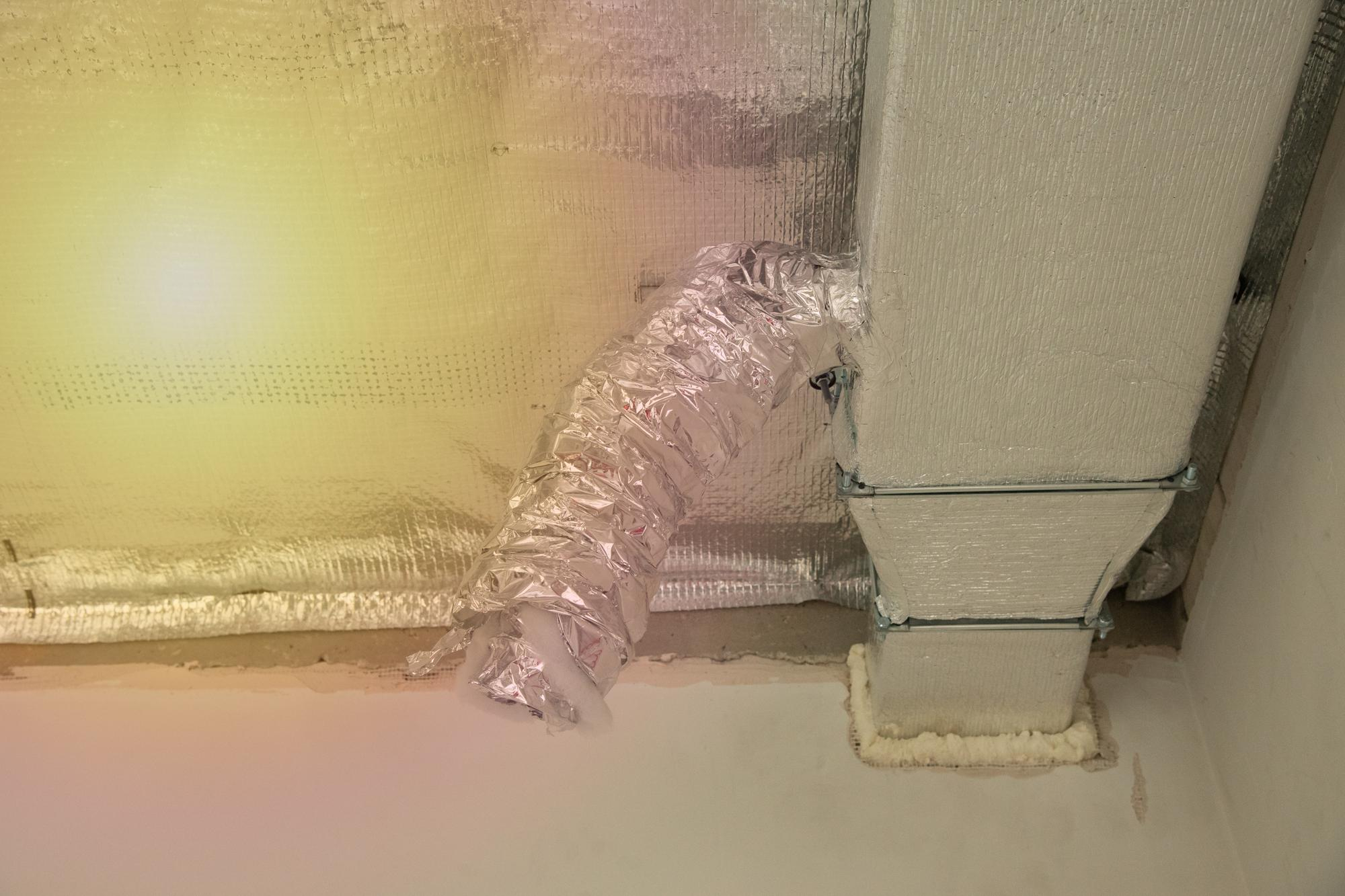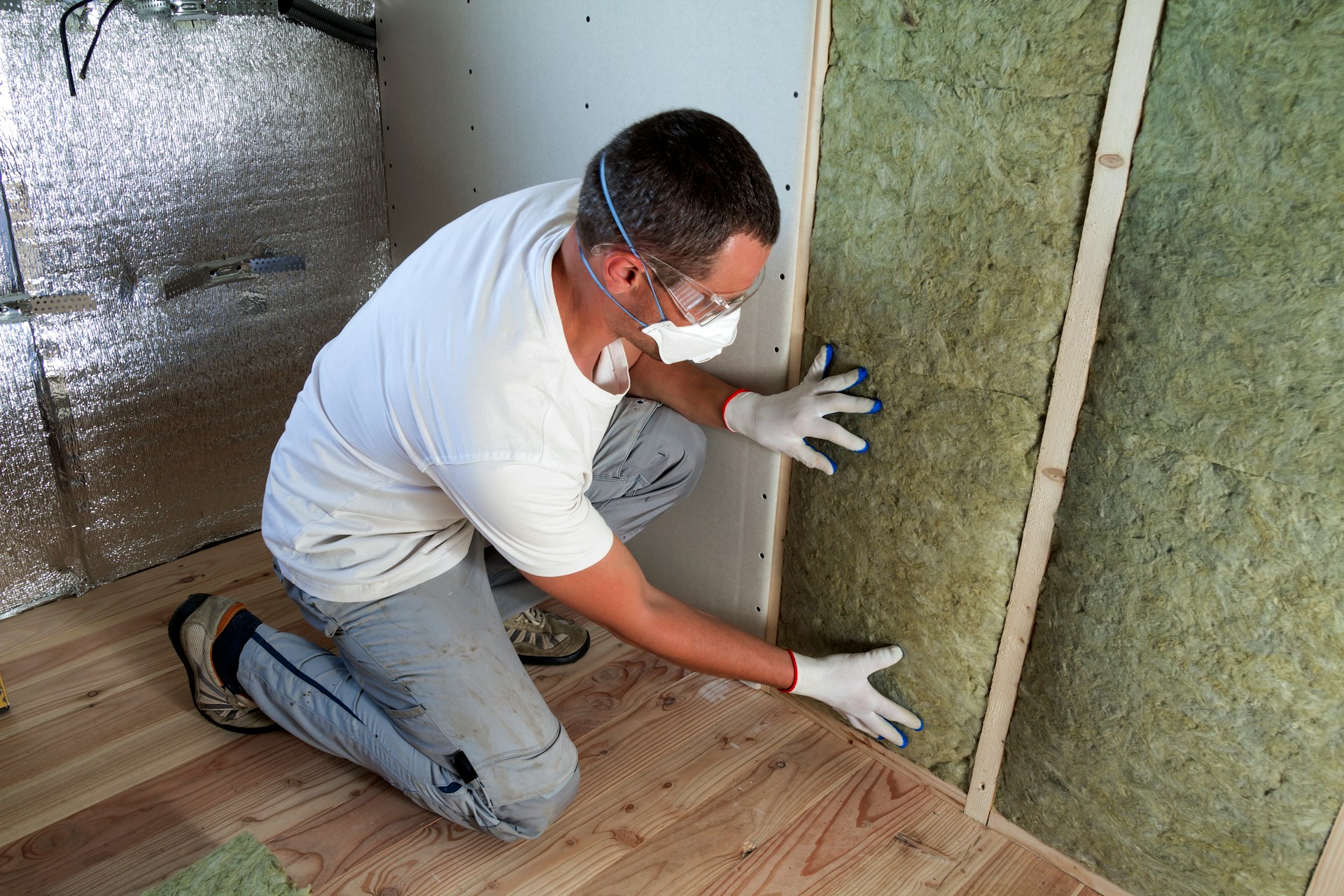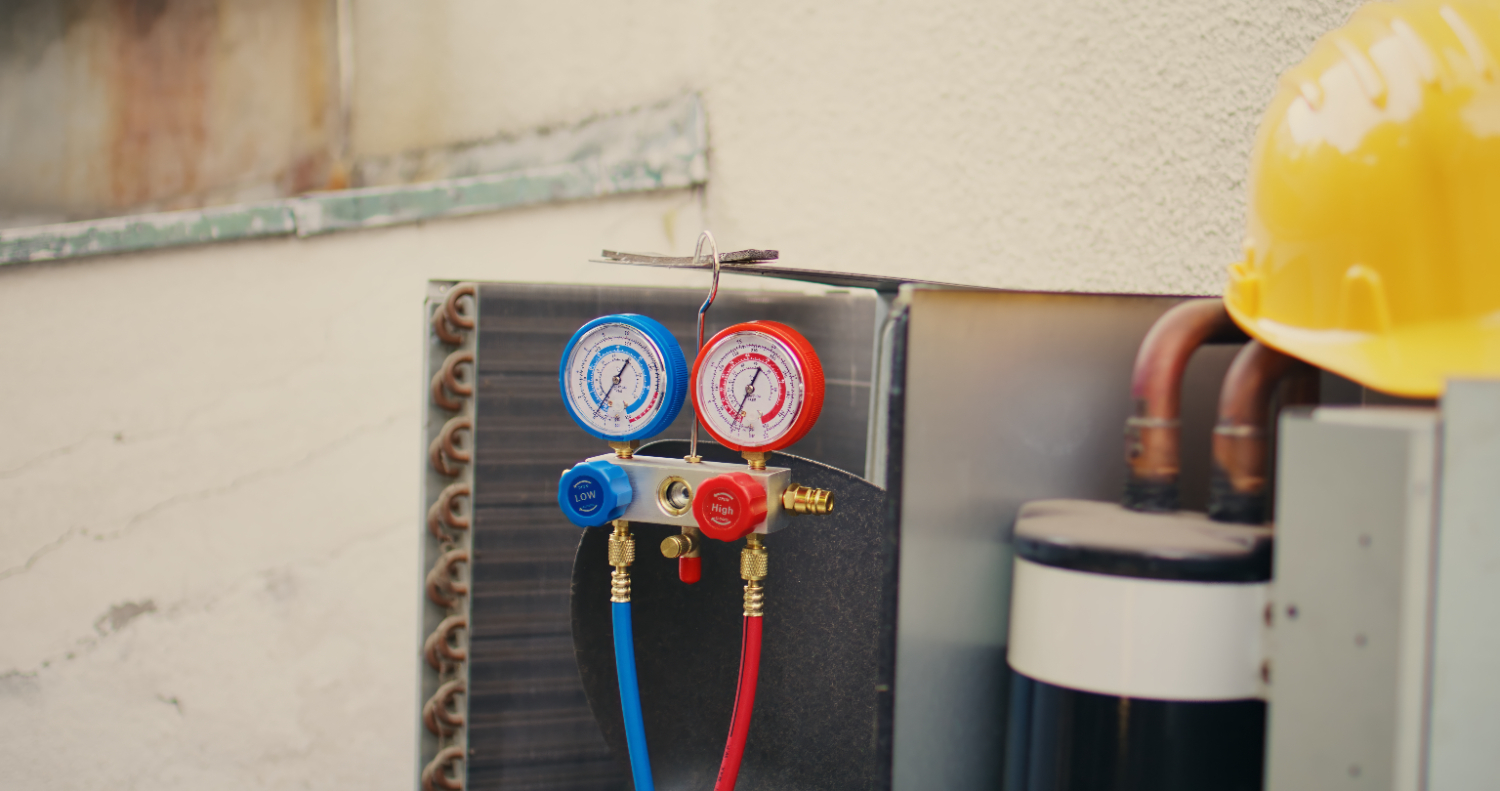Tips For Better HVAC Filtration
Do you ever think about the particles in the air around you? All sorts of pollutants and allergens surround you. When you’re outside your home, there’s not much you can do about the air quality. But inside your home, you can take matters into your own hands. Follow a few simple tips to keep your HVAC in Stephenville, TX working well to filter out unwanted particles.
Why Better Filtration Matters
Before you get to work, you might want to know why it’s so important to improve your air quality. Your health could be on the line, as poor air quality causes several health issues.
If you have contaminants or allergens in the air, you could become sick frequently. People with allergies and asthma are the most likely to suffer. Often, home occupants don’t even realize the cause of their respiratory issues until months pass.
HVAC filtration doesn’t just keep you from being sick. It also prevents fire hazards from forming. If you don’t have the appropriate filtration, lint and dust could accumulate in your vents and ducts. In the wrong place, the debris could heat up and result in a fire.
Improving Your Filtration
It doesn’t take much to improve the filtration in your HVAC system. Besides calling an HVAC service, there are a few things you can do to filter out the air.
Get the Right Filter
Although this probably seems obvious, it’s worth mentioning. People don’t always replace the filter with the right size. When you first move into your home, you should look for the HVAC owner’s manual and read about the filter. It should tell you which size filter you need for the system.
The size isn’t the only detail that matters. Just as important as the size is the Minimum Efficiency Reporting Value, or MERV. If you have a filter with a low MERV rating, it will only catch large particles. On the other hand, a filter with a high MERV value filters out tiny particles.
If you pick a filter with a MERV value that’s too high or low, you risk the health of your system. Filters with high MERV values have low air flow rates, which takes a toll on your HVAC. Only laboratories and industrial applications really need filters with high MERV values. Of course, the risk of a filter with a low MERV value is just as bad. You may not be filtering out enough pollutants from the air.
For the best results, pick a filter that rates between 8 and 12. A filter of this size gives you enough air flow but also keeps out bacteria, dust, and more. By choosing a filter of the right size and value, you improve the system’s filtration.
Clean Frequently
Contaminants in your home could be coming from your HVAC system. Although the system is mostly closed, air continuously travels through it. Dust, dirt, and lint can accumulate on your filters and in your vents.
If you have a reusable filter, clean it out once every 30 to 90 days. A replaceable filter must be replaced with a new one. In a household with smokers and pets, the homeowner should change the filters as frequently as possible. Small households with no pets or smokers can get away with waiting about 90 days.
The filter isn’t the only thing you need to clean. Your soffit vents, roof vents, and other parts of the air flow system get dirty and slow down the flow of air. Dirty vents also allow dust particles to circulate throughout your home.
Clean Your Ducts
Your ducts get filthy, and cleaning them is no easy task. Because the ductwork is difficult to access, you can’t just get on a ladder to clean your ducts. The only way for a thorough duct cleaning to happen is to work with an experienced professional.
An expert has the right tools and training to clean out your ducts. Experts recommend that you clean your ducts once every three to five years. If you can remember to do that, you can improve your system’s filtration.
Is Regular Filtration Enough?
If someone in your home has health issues, you may need to find other ways to improve the indoor air quality. For instance, you may need an indoor air filter. You can use a system that uses a UV light to kill off unwanted germs and particles.
An indoor air filter is an added layer of protection. While it doesn’t take away the need for an HVAC filter, the indoor air filter unit eliminates any particles your HVAC filter misses.
If you have questions about indoor air quality or your options for better filtration, you should speak with a reputable HVAC company. They will advise you on the ways in which you can improve your home’s air quality.
Is It Too Late?
If you spent years using the same filter or haven’t ever hired someone to clean your ducts, your system may be in disrepair. You need to give your system some extra attention to fix the damage caused by poor air flow.
Even if you do take steps to attain better filtration, you still need routine maintenance. Unless you are a licensed and certified HVAC technician, you can’t do everything you need to do to care for your system.
Signs Of Trouble
You should always pay attention to your system and be on the lookout for signs of trouble with your ventilation. One of the most common warning signs is a foul odor. Clattering noises and humid air also indicate a filtration problem.
As soon as possible, call your HVAC company for help. By acting fast, you may be able to prevent the need for a major repair.
Call Us For Your HVAC Stephenville, TX
Don’t wait for your air quality to plummet or your HVAC system to break. Here at Daffan Heating and Cooling, we can advise you on ways to improve your system’s filtration. A technician can answer all of your questions about indoor air quality. To find out more, call us now.










